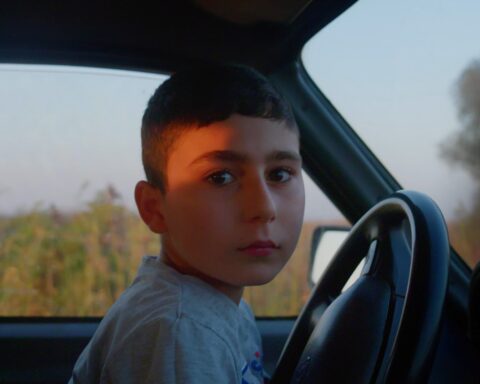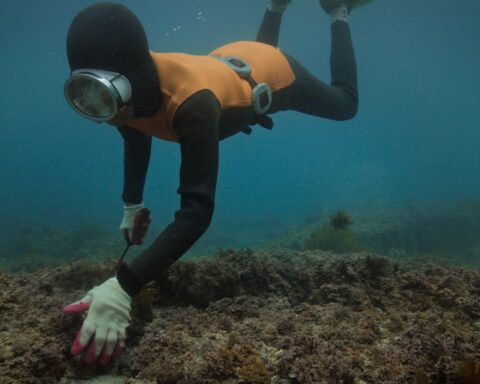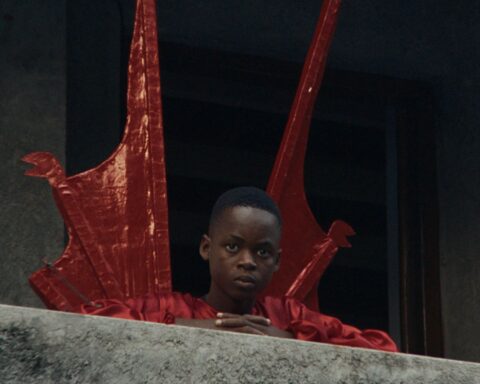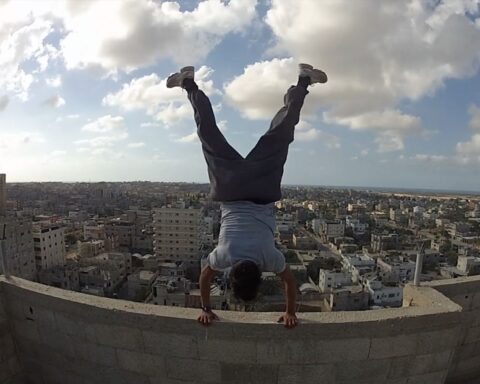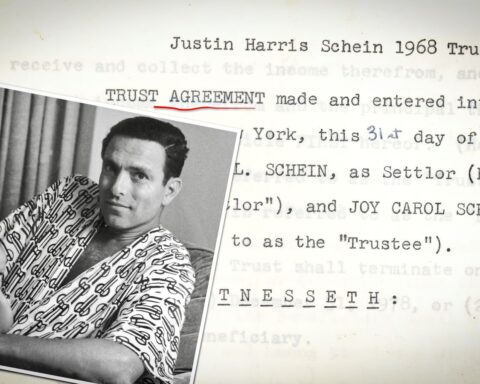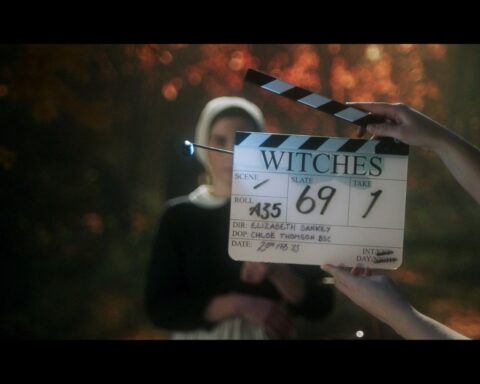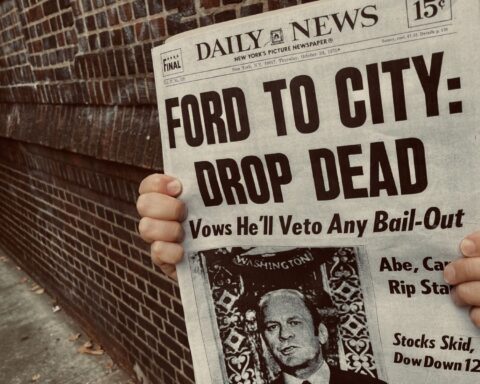Desert One
(USA, 107 min.)
Dir. Barbara Kopple
Programme: TIFF Docs (World Premiere)
If you think Argo is a thrill ride, you haven’t seen anything yet! Ben Affleck’s hugely entertaining Oscar winning film dramatizes the 1979 Iranian hostage crisis with its tale of a covert escape plan that used a fake movie to smuggle American hostages out of the country. Barbara Kopple’s Desert One tells of another mission that sought to save the dozens of Americans held hostage by Iranian fundamentalists in the US embassy in Tehran. It has all the facts and all the thrills to boot.
In her signature fashion, the Oscar-winning Kopple (Harlan County, USA New Homeland) tells a thorough, all-encompassing story that explores an attempted rescue mission from the crisis with voices on all sides. Desert One is a valuable portrait of this episode from history culled together from an astonishing range of archival materials and interviews. It’s a true document that keeps the story of the Desert One mission alive for generations of Americans who grew up after the hostage crisis and mostly know the event through the thrilling escapism Argo. Desert One showcases a filmmaker at the top of her game: it’s a firm reminder of why I consider Kopple the best voice in documentary today.
In revealing interviews, the Desert One rescuers recall the intensity and heartache of putting everything on the line to save their fellow Americans only to see the mission ultimately prove unsuccessful. There are also recollections from spouses and children of the men who were tragically lost in combat, as well as the voices of hostages who survived the ordeal and found hope simply by knowing that operations like Desert One made efforts to save them.
Equally significant is Kopple’s choice to include Iranian perspectives in the story by featuring some of the fighters who participated in taking the hostages. One can’t have clarity without context. Desert One illuminates this hot button affair by hearing from voices in which emotions and convictions still run flaming hot. Kopple adds a novel perspective with the interview of an Iranian man who recalls his childhood memory of being aboard a busload of passengers taken hostage by the Americans during the operation. He speaks of the event with a childish thrill—but the story also adds an intriguing element on the complexity of international relations as Desert One entails a hostage situation as a means to ending another one. The inclusion of this voice in the film illustrates the laudably painstaking lengths to which Kopple and her team went to cover each step of the mission from as many angles as possible.
Perhaps most impressive is the inclusion of President Jimmy Carter, who put the legacy of his leadership on the line in an election year by holding firm to his belief that military action was a last resort. Carter is open, candid, and vulnerable—as are many of the Desert One men—as he unloads a burden he’s carried for decades.
The film also features Carter’s voice in some rare audio recordings between the President and his top military officials throughout the blackout of the Desert One mission. While there is profound tragedy to the events that unfold, there is also an inadvertent element of comedy since even Armando Iannucci couldn’t write the Murphy’s Law sequence of military gaffes that derail the mission. Throughout the worst of it, Carter maintains his presidential demeanour and ends every call with a sincere “thank you” no matter how deep a sigh or how long a pause precedes it.
Kopple is best known as a master of cinema verité, so Desert One is something of a departure for her as she employs interviews and archival elements to tell the story. Desert One harnesses the best of both formats as it creates a narrative that is comprehensive in its scope and brimming with information and insight. It also has the forward march of a thriller as the experiences and visual elements put audiences on the ground like all-seeing eyes thrust into the action. Striking snippets of animation fill in the visuals when the operational blackout renders archival elements impossible—but once again the inclusion of Iranian perspectives affords the film some brutally revealing evidence of the mission that might otherwise be overlooked.
The breadth and depth of the research is significant and Kopple’s skills as an interviewer are sharp and quick. Anyone who’s had the chance to speak with her can attest that she has a warm gift for gab and is a relatable conversationalist, so her comfort with the interviewees is evident in the vulnerability they share. Her chat with President Carter is most impressive—doubly so if one knows it draws from less than 20 minutes of footage.
The film adds to Kopple’s oeuvre of telling decidedly American stories and putting the experiences of her fellow citizens on the record. It’s a true tale of superheroes regardless of the outcome of the mission—a fact underscored by one rescuer’s memory of the team receiving a case of beer from British troops on the ground affixed with the note, “At least you had the guts to try.” That message underscores the bravery and heroism of an America that showed the world the best of what the country to be. It’s a message the USA needs now more than ever.
Visit the POV TIFF Hub for more coverage from this year’s festival!
And stay tuned for our interview with Barbara Kopple on Desert One!





